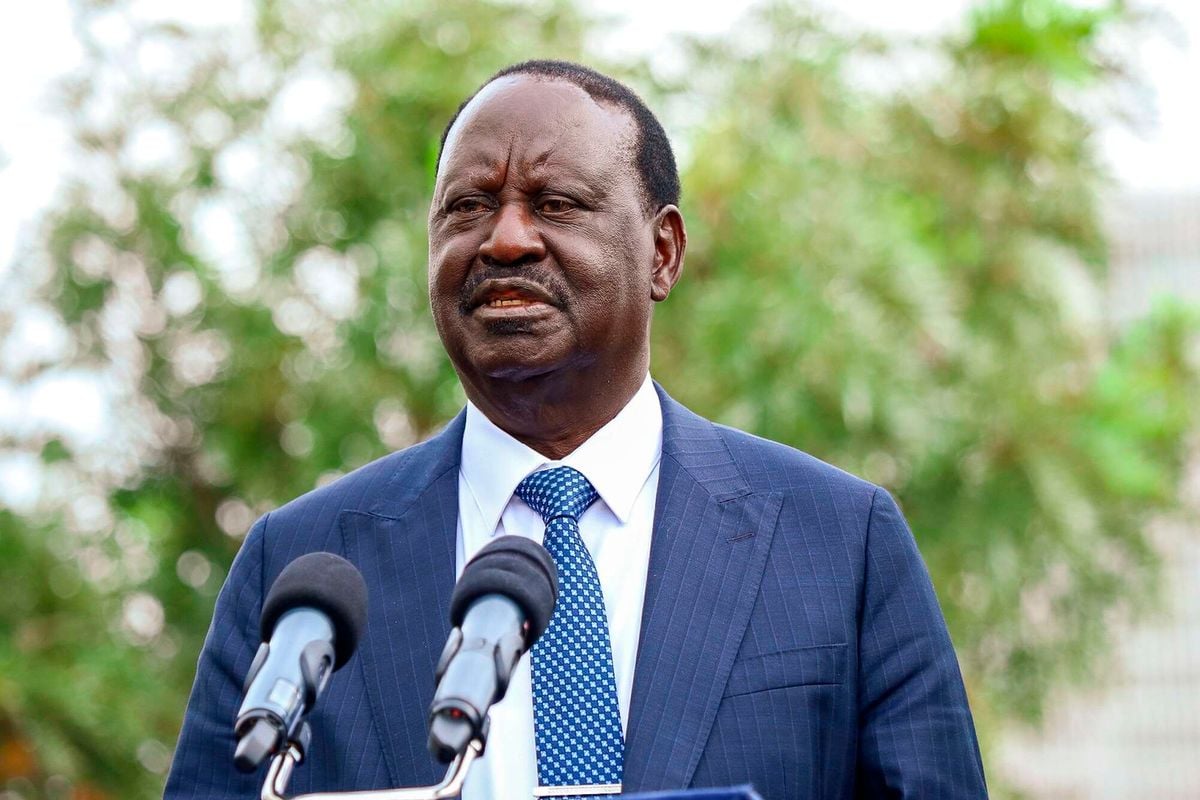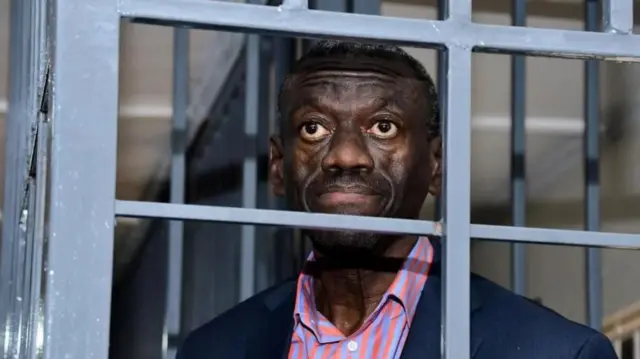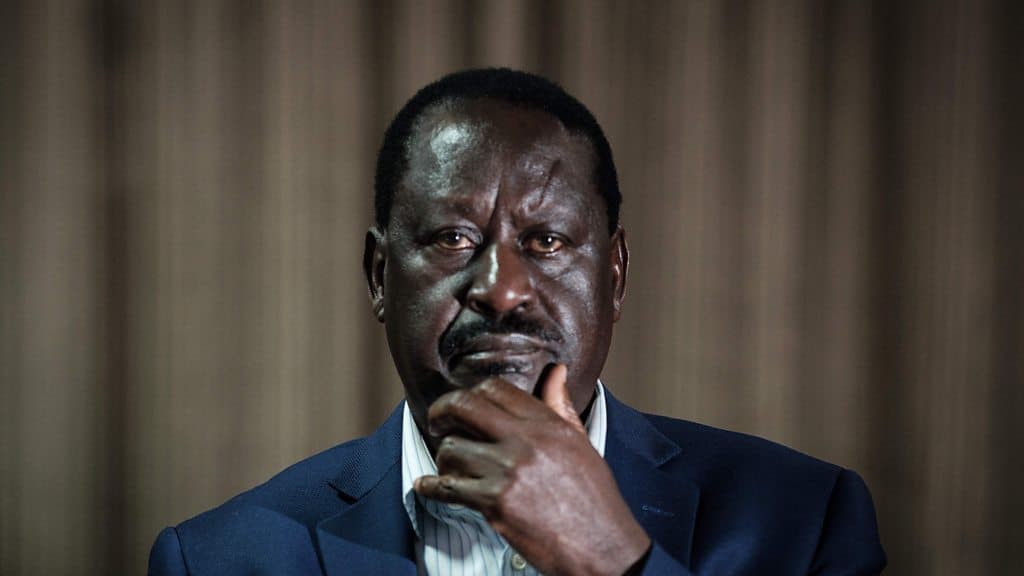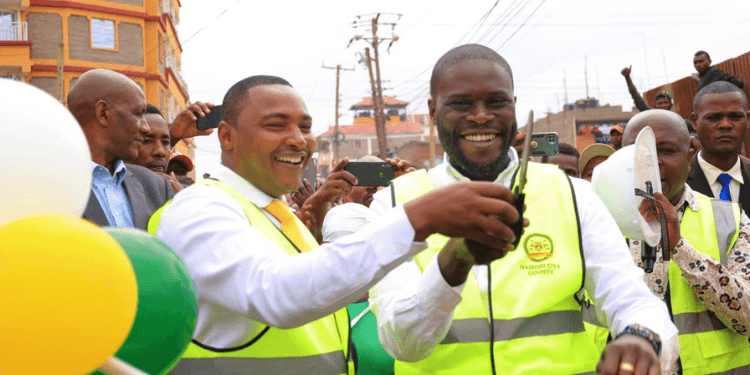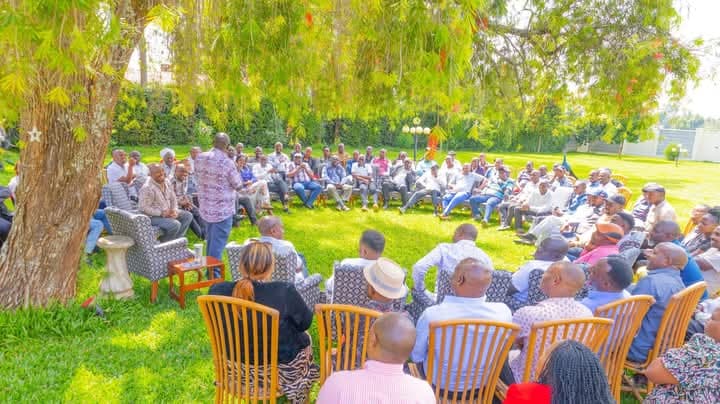Former Prime Minister Raila Odinga's Orange Democratic Movement (ODM) Party, has issued a warning to Standard Group, accusing the media house of sustaining a smear campaign against the former Prime Minister and his family.
In a Statement on Monday, May 5, ODM alleged that the Standard is determined to negate, demean and destroy the known acts of sacrifice, nationalism and patriotism that Odinga has undertaken.
“The Orange Democratic Movement has taken note of the sustained smear campaign by The Standard Newspapers against the Party’s leader, Rt. Hon. Raila Odinga, and has now been extended against his entire family.
We note that The Standard is determined to negate, demean and destroy the known acts of sacrifice, nationalism and patriotism that Rt. Hon. Odinga has undertaken at great personal risk to himself and his family, for the betterment of this nation,” read the statement in part.
The party stated that it will issue a comprehensive statement on the way forward regarding its relationship with the media entity
“We wish to assure the party supporters who have been expressing alarm and shock at the smear campaign by the Standard Group that the leadership will be issuing a comprehensive statement and guidance on this development tomorrow, May 6, 2025. The statement will guide our relationship with the Group,”.
The remarks come after the Mombasa Road based media house published a story on their local daily, with the headline “Our Turn to Eat,” in which the former Prime Minister is accused of turning moments of national crisis into personal endeavour's by rewarding his inner circle, including members of his family.
“From protest to privilege: He has long branded himself as the people’s champion, “Baba” – the voice of the downtrodden. But time and again, Raila Odinga has turned moments of national crisis into personal political capital with rewards for his inner circle,” reads part of the publication.
Standard, also highlighted how members of the Odinga family have benefited from the former Prime Minister’s political alliances, including his recent broad-based agreement with President William Ruto.
These beneficiaries include Raila’s brother Oburu who now chairs the Senate Energy Committee, Raila’s sister, Wenwa Akinyi who was appointed by President Ruto as Chairperson of the Kenya Marine and Fisheries Research Institute, Jaoko Oburu, Raila’s nephew who was recently appointed as President Ruto’s advisor on economic affairs and Winnie Odinga, Raila’s daughter, who currently serves as an EALA MP.
The Standard newspaper posed a question to its readers, asking whether the former Prime Minister’s actions reflect statesmanship or strategic self-interest activism.
Raila marshalled four of his party’s senior-most officials to join President William Ruto’s new look cabinet at a time the government was fighting for its political survival against a deadly onslaught from the Generation Z movement, leading to him being labelled a 'traitor' by the young activists.
Former Mombasa Governor, Hassan Joho, a fierce Ruto critic, was handed the Maritime and Blue Economy ministry, John Mbadi, another of the President's critics was put in charge of state coffers at the National Treasury.
Leader of the minority side in the National Assembly, Opiyo Wandayi, a diehard Raila loyalist, was appointed the Energy and Petroleum CS while ODM deputy party leader Wycliffe Oparanya was put in charge of MSMEs and Cooperatives ministry.
Raila has on numerous occasions denied reports that he is one of the biggest beneficiaries of the Gen Z-led anti-government protests despite not playing a role in them.
“I am not a beneficiary of the Gen Z protests. These have been useless allegations made in the media. I've not benefited,” Raila said during an earlier interview.
He revealed that the deployment of the military during the anti-Finance Bill protests by Gen Z last year could have spiralled into a full-blown crisis, with the army potentially seizing power.
He disclosed that he had to step in to prevent what he described as an imminent military takeover. He explained that the government’s decision to call in the military to quell the protests was a grave mistake that could have resulted in soldiers assuming control of the country’s leadership.
He further explained that his intervention helped de-escalate tensions and prevented the country from plunging into a constitutional crisis, as the protests had rapidly evolved into a wider rebellion against the government.
Odinga also dismissed claims that he betrayed the Gen Z protesters, asserting that he made efforts to involve youth leaders in discussions with President Ruto, but they were unwilling to engage. His priority, he said, was to first de-escalate the crisis before addressing the underlying issues.
